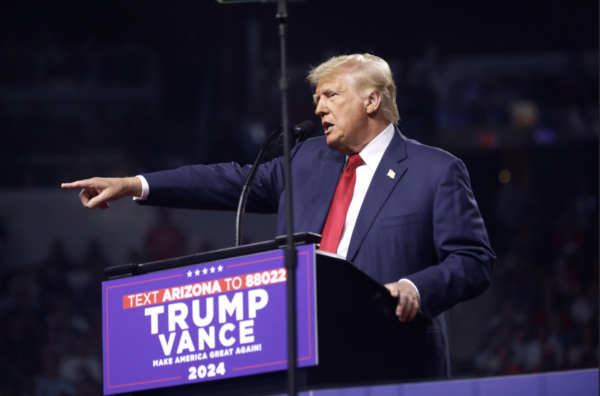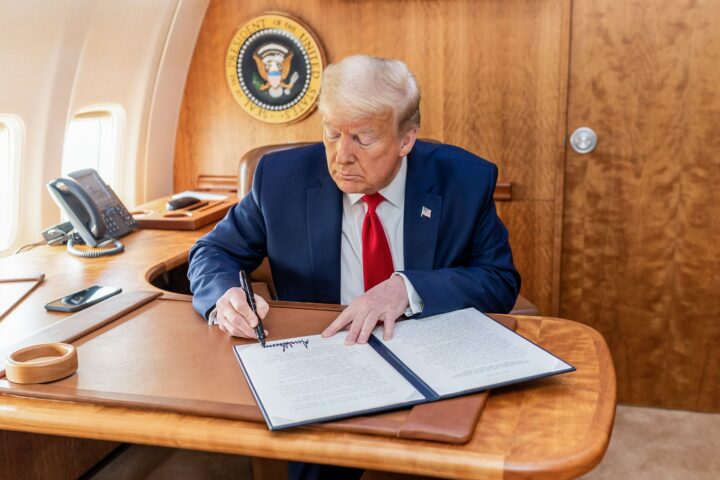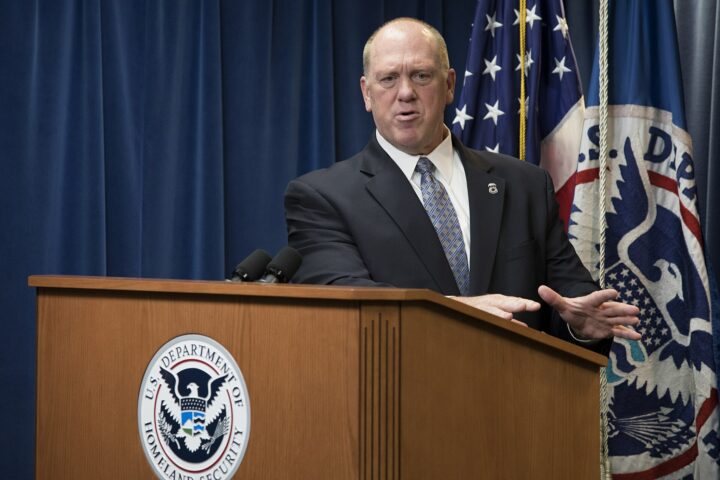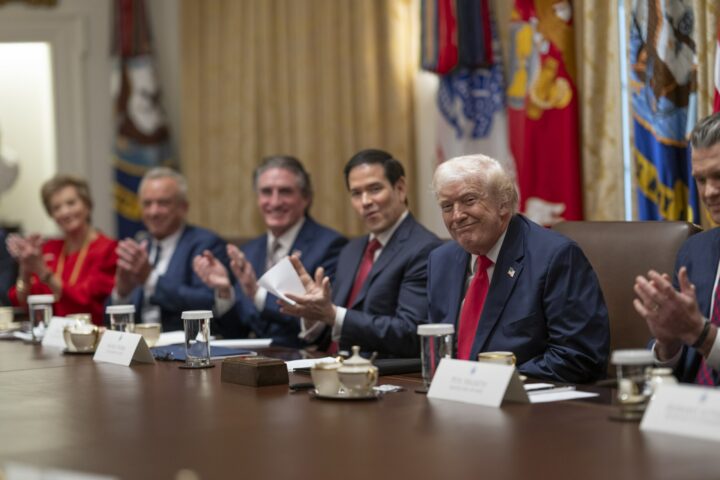Donald Trump has made a decision regarding how the federal government will spend money. On Wednesday, the president endorsed House Republicans’ broad legislative plan, deepening a strategic divide between GOP leaders in the House and Senate. His backing of the House’s expansive budget resolution over the Senate’s more limited alternative, led by Senator Lindsey Graham, highlights contrasting approaches within the party regarding his agenda.
As the Senate prepares to vote on a budget resolution emphasizing immigration enforcement and energy expansion, Trump has criticized Graham’s plan for omitting an extension of Trump-era tax cuts. He argues that the Senate’s proposal does not fully embrace his “America First” vision. In a Truth Social post, Trump commended congressional Republicans but stressed that the House resolution better aligns with his objectives. Speaker Mike Johnson reinforced this view, emphasizing the House’s commitment to advancing Trump’s full policy agenda.
Republicans in Congress have debated whether to consolidate Trump’s priorities into a single, sweeping bill or break them into smaller, separate measures. Graham and Senate Majority Leader John Thune favor a phased approach, believing that securing incremental legislative victories would be more feasible. Their plan, which advanced in a party-line vote, focuses on immigration and energy while postponing decisions on tax policy and broader fiscal reforms, explained NBC News.
Graham’s proposal supports Trump’s immigration policies, including mass deportations and increased border security. However, Trump’s firm support for the House plan has complicated the Senate’s efforts, with some House Republicans concerned that the Senate’s narrower approach could marginalize their more ambitious resolution. Vice President JD Vance is scheduled to meet with Senate Republicans to discuss the legislative strategy, while House GOP leaders plan to vote on their budget resolution next week, relying on Trump’s influence to maintain party unity.
The House resolution, recently approved by the Budget Committee, proposes $4.5 trillion in tax cuts while increasing funding for immigration enforcement and military programs. To cover these costs, it includes unspecified spending reductions and a $4 trillion debt limit increase. Moderate Republicans have concerns about potential Medicaid cuts to make the math work.
Trump has complicated the issue further by publicly opposing Medicaid reductions, stating in a Fox News interview that entitlement programs would remain untouched. Meanwhile, House Republicans have tasked the Energy and Commerce Committee with finding nearly $900 billion in deficit reductions, putting Medicaid spending under scrutiny.
Democrats have used the Republican budget conflict to frame the GOP’s plan as prioritizing the wealthy at the expense of working families. Senate Minority Leader Chuck Schumer has pledged to introduce amendments blocking tax cuts for high-income earners while safeguarding entitlement programs. As the 2026 elections approach, Democrats see the budget fight as a campaign issue, warning that Republican senators who support social program cuts could face voter backlash.
[Read More: Trump Removes More Biden Bureaucrats]








